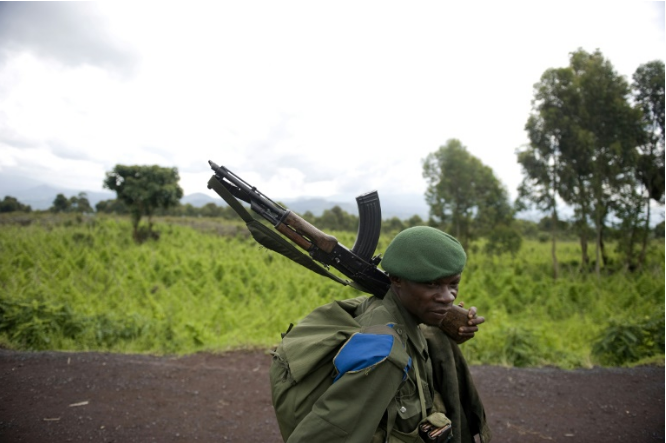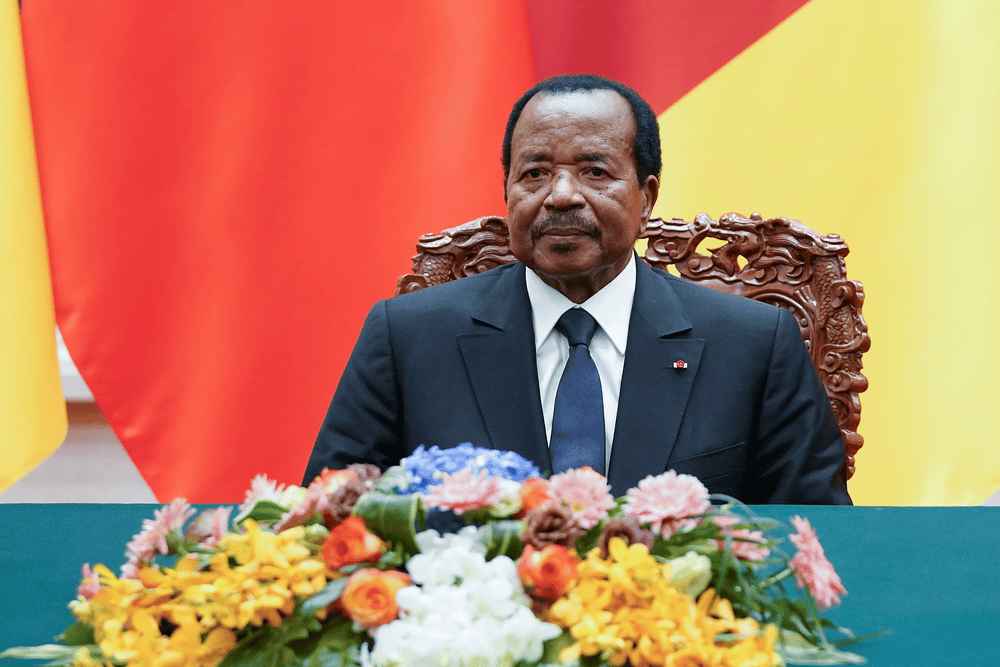
Eastern Congo militia pledges to surrender after leader forced out

One of the largest rebel groups in eastern Democratic Republic of Congo announced overnight that it had ousted its leader, accusing him of human rights abuses, and planned to surrender.
Elsewhere in the region a different militia killed at least 25 villagers on Wednesday, local officials said.
The NDC-R armed group, which control vast areas of North Kivu province and earns money from the illicit gold trade, said late on Wednesday it had expelled its leader, Shimiray Guidon, who is the target of U.N. sanctions.
In a statement, the group accused Guidon of “deviant behaviour” and criticised him for human rights abuses. It said Guidon’s deputy had taken over and that fighters plan to disarm as soon as possible, without giving further details.
Researchers following the NDC-R said a faction of the militia had tried to resist the ousting and the end result could be a split in the group.
“As fighting between the factions is ongoing, the short-term effect will likely be a destabilisation of the area controlled by the NDC-R,” said Christoph Vogel, a researcher at Ghent University.
Army spokesperson Guillaume Ndjike Kaiko said Guidon’s departure was a result of military pressure, even though analysts say the army often uses the NDC-R as a proxy force to go after other militias in eastern Congo.
In neighbouring Ituri province on Wednesday, fighters from an ethnic militia killed at least 25 people and burned more than a dozen houses in the Hema village of Bynzenzele, local officials said.
Ezra Licey, the chief of Bunzenzele, said the attackers were from the CODECO militia, an armed group drawn from the Lendu ethnic group, which has been blamed by authorities for killing hundreds of civilians this year.
Rich in natural resources, Ituri was the site of some of the country’s worst fighting between 1999 and 2007. After years of relative calm, violence between the Hema and Lendu erupted again in December 2017.






